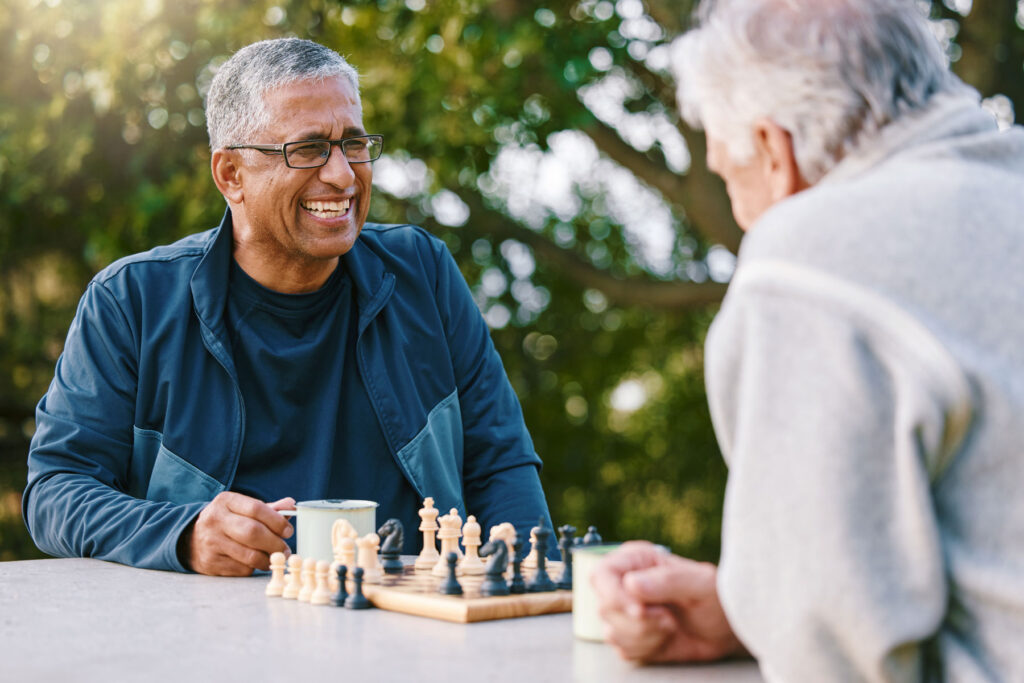Loneliness is more than just a fleeting emotion; it’s a pressing public health concern that can significantly impact both mental and physical well-being. Recognizing this, Bayhealth has established a dedicated Loneliness Task Force aimed at addressing the root causes of social isolation and connecting individuals with meaningful resources. This comprehensive guide delves into the Task Force’s objectives and the array of support systems available to those seeking connection.

Understanding the Impact of Loneliness on Health
Loneliness doesn’t merely affect emotional health; it has tangible repercussions on physical well-being. Studies have linked chronic loneliness to increased risks of heart disease, depression, cognitive decline, and even premature death. In healthcare settings, particularly among the homebound or disabled, loneliness has been identified as a contributing factor to the overutilization of emergency services. The COVID-19 pandemic has further exacerbated these issues, underscoring the urgency of addressing social isolation.
Bayhealth’s Loneliness Task Force: Mission and Goals
Bayhealth’s Loneliness Task Force is a multidisciplinary team committed to:
- Connecting Patients to Resources: Facilitating access to programs and services that foster safe and friendly relationships.
- Identifying Barriers: Understanding and mitigating obstacles that prevent individuals from forming meaningful connections.
Ashley Istenes, MSN, RN, and Population Health Programs Supervisor at Bayhealth Medical Group, emphasizes the Task Force’s role in addressing the surge in loneliness, particularly in the wake of the pandemic.
Comprehensive Resources to Alleviate Loneliness
Adult Day Services and Centers
These centers provide structured activities and assistance for adults with physical or mental impairments, offering a safe environment for social interaction. Delaware residents can access a list of licensed providers through the Division of Services for Aging and Adults with Physical Disabilities (DSAAPD). For more information.
Friendship Line by the Institute on Aging
A 24/7 toll-free hotline (1-800-971-0016) offering emotional support and friendly conversation to seniors aged 60 and older, as well as adults with disabilities. The Friendship Line is a nationally recognized program providing a vital connection for those feeling isolated.
Eldercare Locator
A public service by the U.S. Administration for Community Living, this tool connects older adults and their families to services in their community. By entering a ZIP code or city and state, users can find local support options.
Delaware Aging and Disability Resource Center (ADRC)
The ADRC serves as a one-stop access point for information and assistance regarding services for older adults and individuals with disabilities in Delaware. They offer personalized support to connect individuals with appropriate resources.
SAGEConnect
An initiative by SAGE, SAGEConnect combats social isolation among LGBTQ+ elders by matching them with volunteers for regular, friendly conversations. This program ensures that LGBTQ+ seniors have access to culturally competent support.
Connect2Affect by AARP Foundation
Connect2Affect offers tools and resources to help older adults assess their risk of social isolation and find ways to stay connected. The platform includes a directory of local services, self-assessment tools, and tips for building social connections.
Additional Support Systems
- Health Insurance Providers: Many health insurance companies offer programs aimed at reducing loneliness among their members.
- Faith-Based Organizations: Local churches often provide community activities and support groups to foster connections.
- Senior Centers: These centers host various events and programs designed to encourage social interaction among older adults.
Frequently Asked Questions:
Q1: What is the purpose of Bayhealth’s Loneliness Task Force?
A1: The Task Force aims to connect individuals experiencing loneliness with resources that promote safe and friendly relationships, while also identifying and addressing barriers to these connections.
Q2: Who can benefit from adult day services?
A2: Adults aged 18 and older with physical or mental impairments who require supervision and social interaction can benefit from adult day services.
Q3: How does the Friendship Line support seniors?
A3: The Friendship Line offers 24/7 emotional support and friendly conversation to seniors aged 60 and older, as well as adults with disabilities, helping to alleviate feelings of loneliness.
Q4: What resources are available for LGBTQ+ seniors facing isolation?
A4: SAGEConnect provides LGBTQ+ elders with regular, friendly conversations through volunteer matches, offering culturally competent support to combat social isolation.




